18 pages • 36 minutes read
AnonymousDo Not Stand at My Grave and Weep
Fiction | Poem | Adult | Published in 1930A modern alternative to SparkNotes and CliffsNotes, SuperSummary offers high-quality Study Guides with detailed chapter summaries and analysis of major themes, characters, and more.
Symbols & Motifs
Birds
The speaker of “Do Not Stand at My Grave and Weep” manifests through various natural phenomena; in Lines 10 and 11, the speaker takes the form of a rush of air, lifting “quiet birds in circling flight” (Line 11). The speaker describes the draft of air as “swift,” meaning “sudden” (Line 10). But birds called swifts fly in circular patterns, using thermal drafts to facilitate long migrations. Unrelated to songbird species, swifts’ quick, darting movements call to mind their closer relatives, hummingbirds. Their name itself may constitute anthimeria, the transfer of a word from one part of speech to another.
Thinking of the circling birds as swifts amplifies the metaphor of birds as the speaker’s soul. While birds commonly symbolize freedom, nature, or even the Holy Spirit, in this instance, the ever-mobile swift, who can sleep in flight, parallels the speaker’s flexible movement through multiple forms. Once the speaker denies their presence in the grave, they become omnipresent, until they inhabit time itself: “I am the day transcending night” (Line 12).
Grain
In keeping with the mood of a bereavement poem, the poem’s natural metaphors occupy two seasons, autumn and winter. The image of grain in poetry can represent potential, the growth process, or the harvest, depending on context.
Related Titles
By Anonymous

Arabian Nights
Anonymous

Arden of Faversham
Anonymous

A Woman in Berlin
Anonymous

Bible: New Testament: English Standard Version
Anonymous
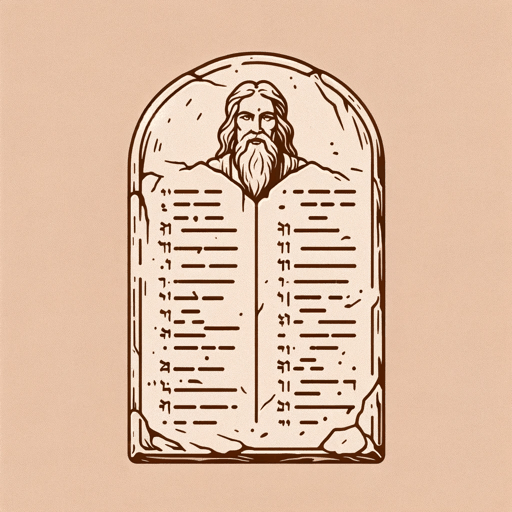
Bible: Old Testament: English Standard Version
Anonymous

Deuteronomy
Anonymous

Diary of an Oxygen Thief
Anonymous

Everyman
Anonymous

Hebrew Bible
Anonymous

Holy Bible
Anonymous

Homeric Hymns
Anonymous

Judith
Anonymous

Laxdaela Saga
Anonymous
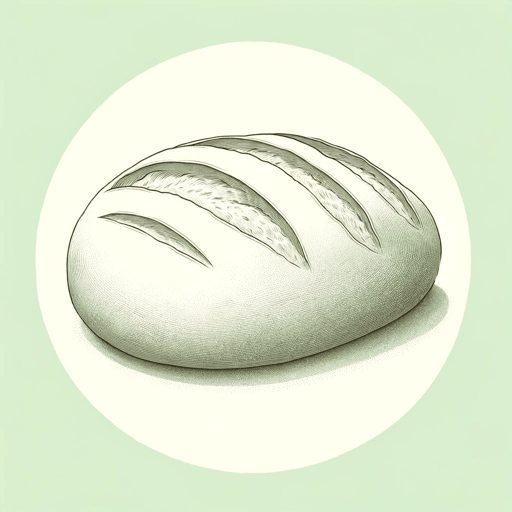
Lazarillo De Tormes
Anonymous

Mahabharata
Anonymous
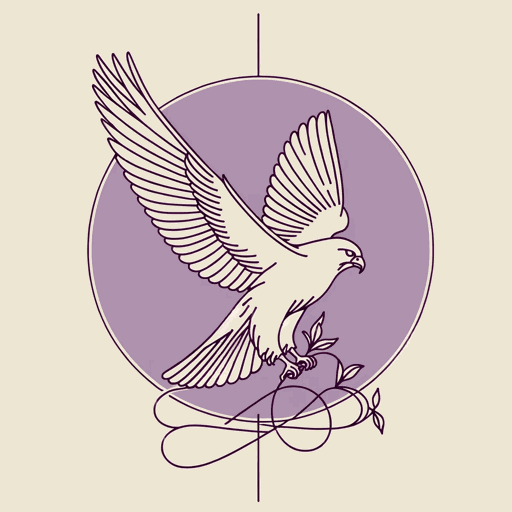
Nibelungenlied
Anonymous
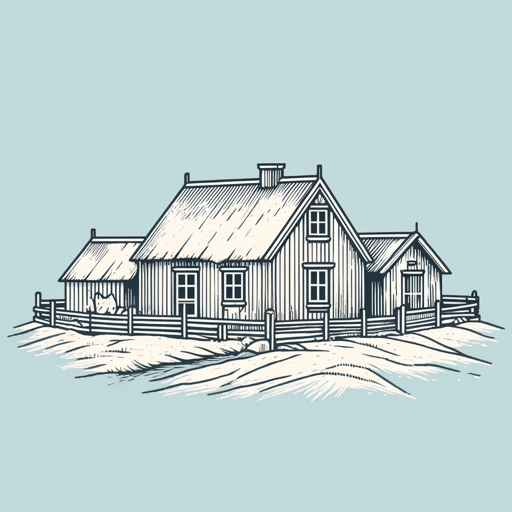
Njals Saga
Anonymous

One Thousand and One Nights
Anonymous

Popol Vuh
Anonymous
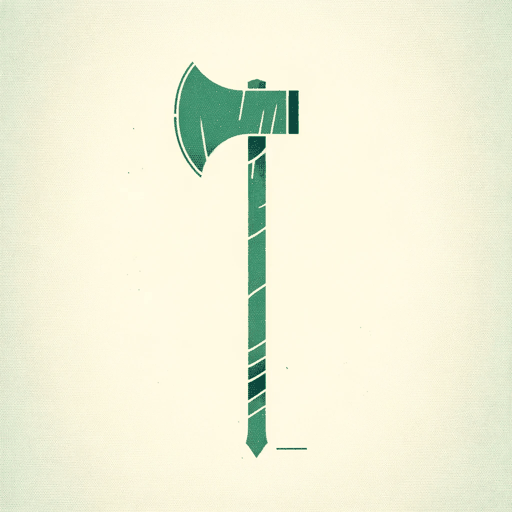
Sir Gawain and the Green Knight
Anonymous

